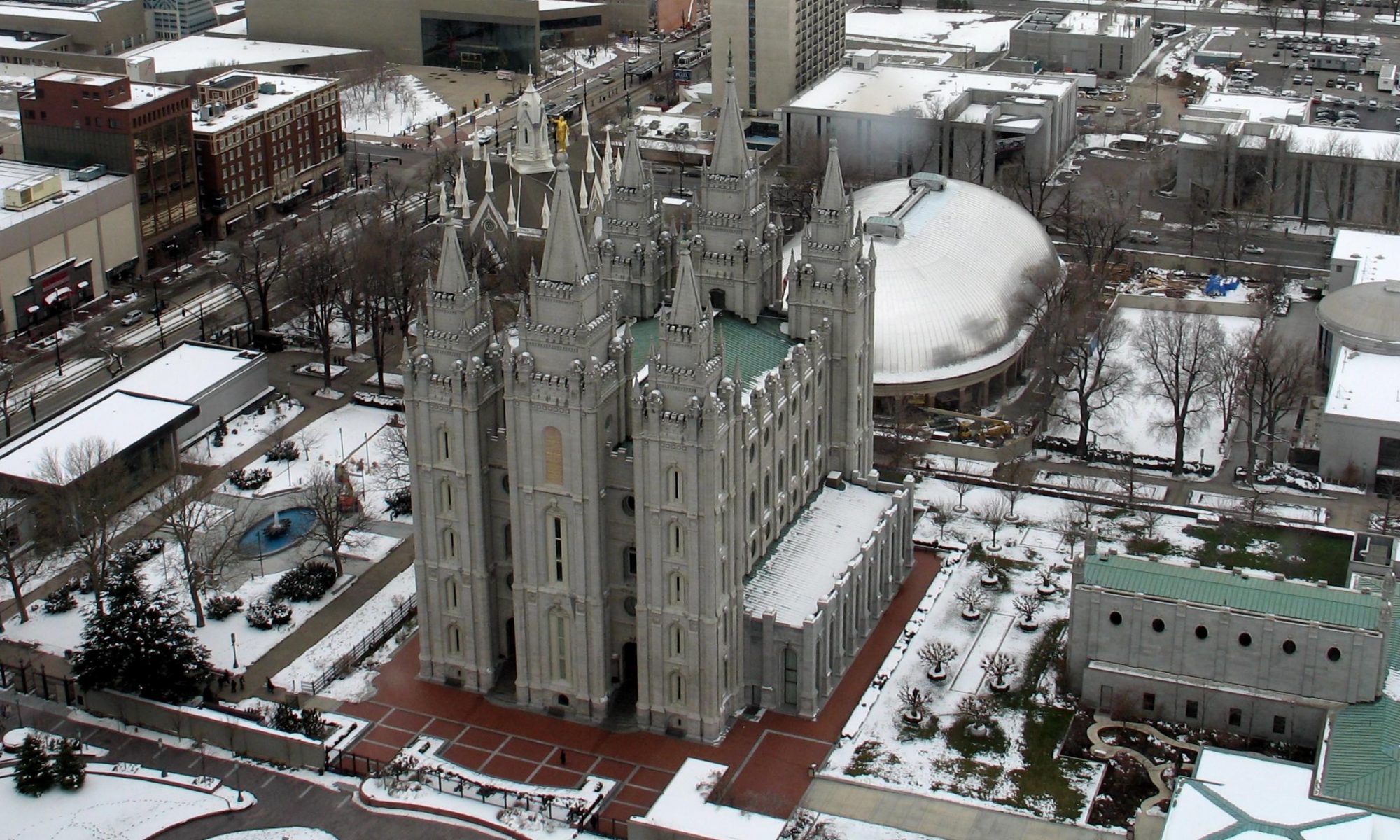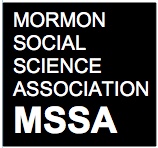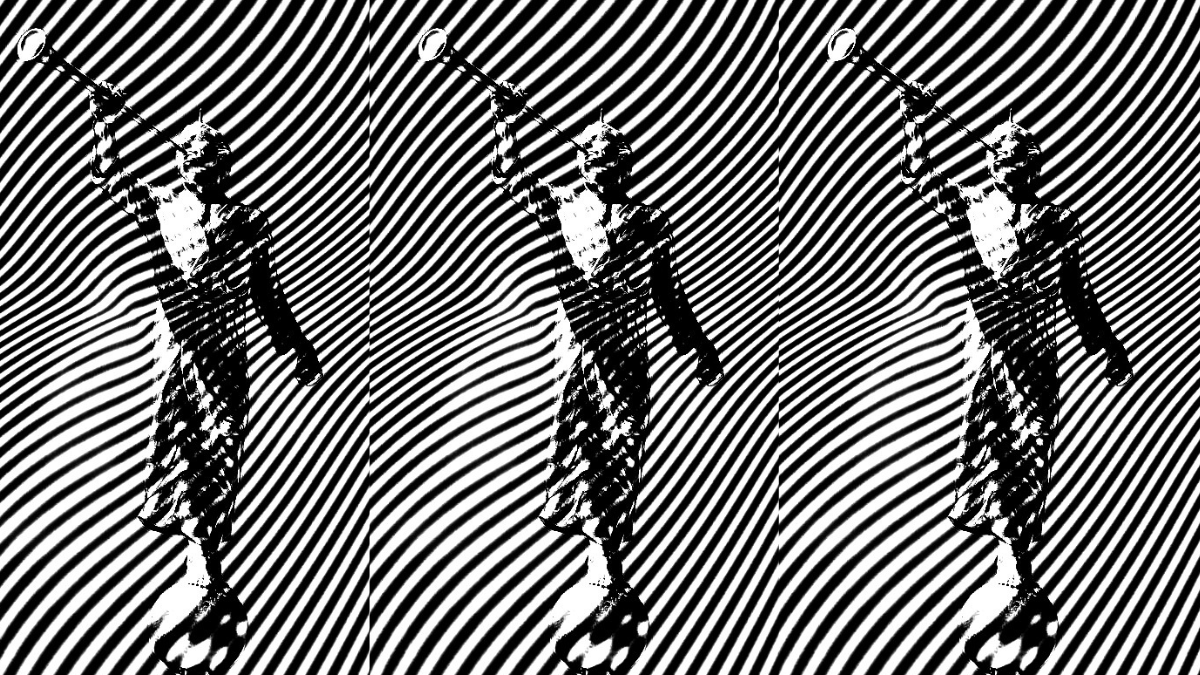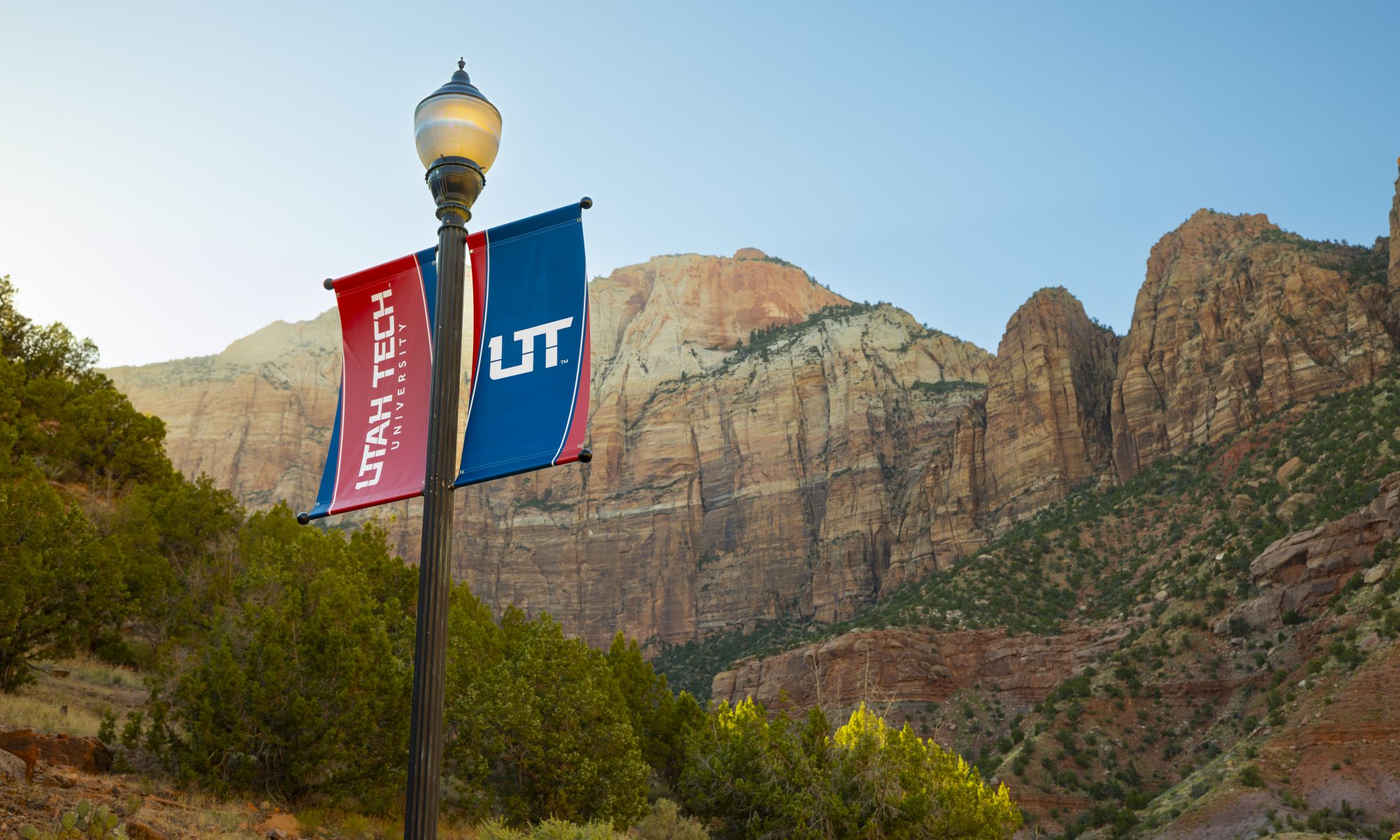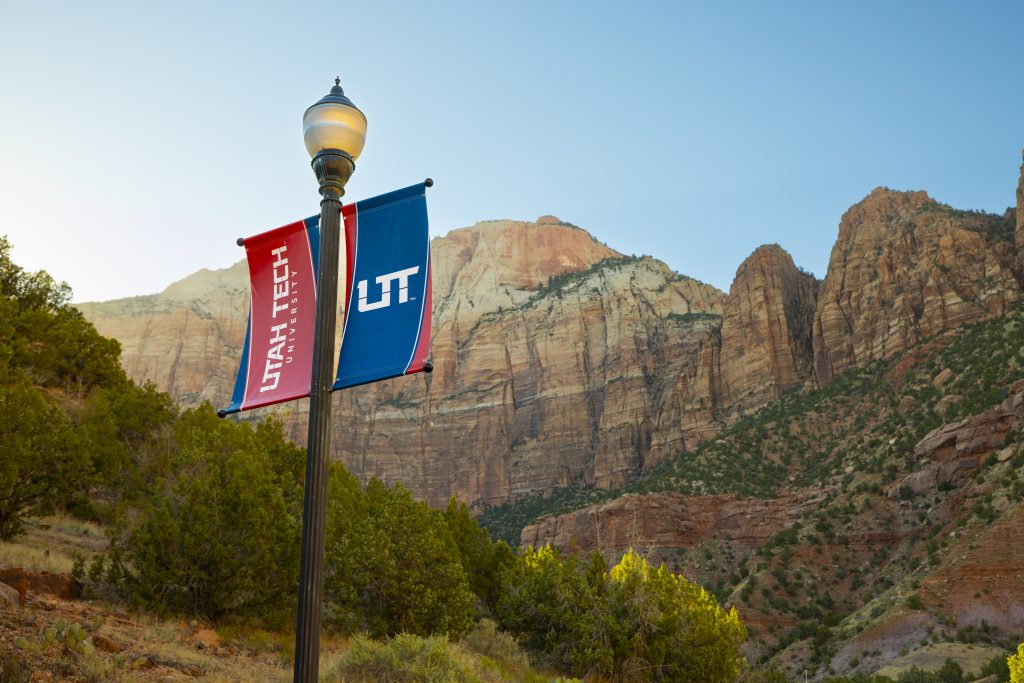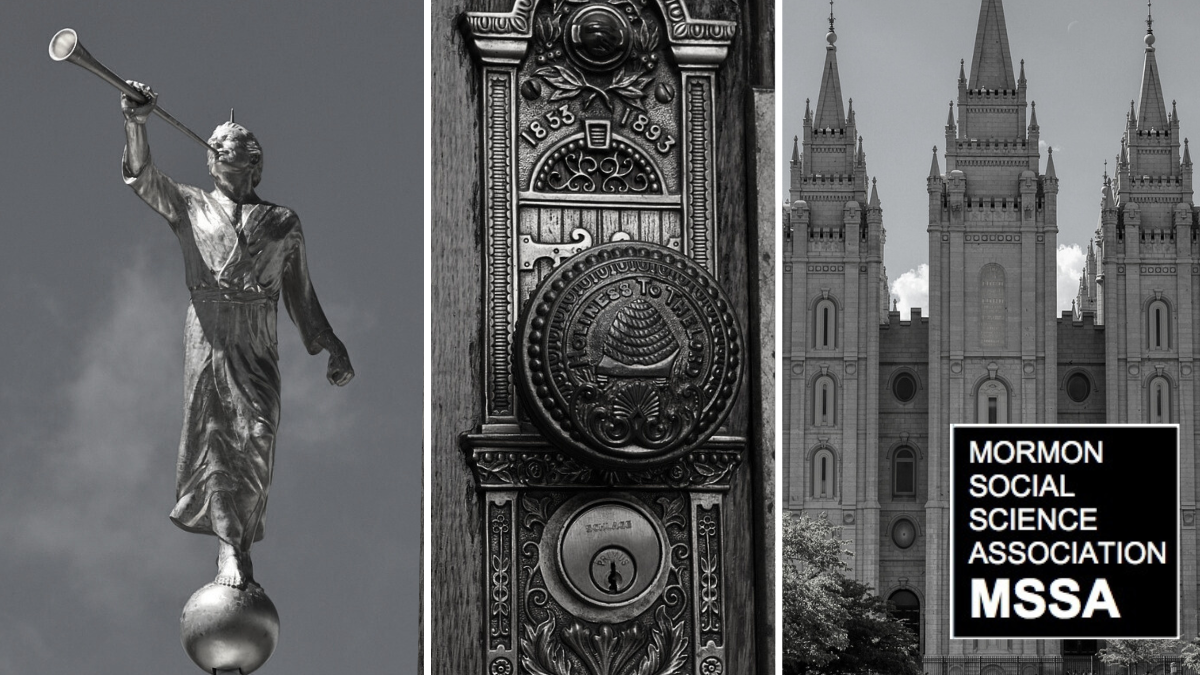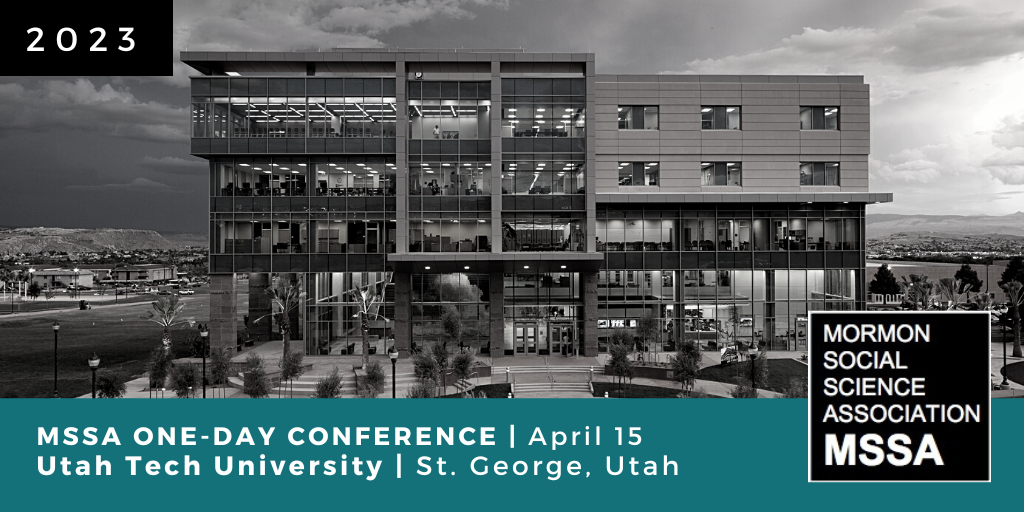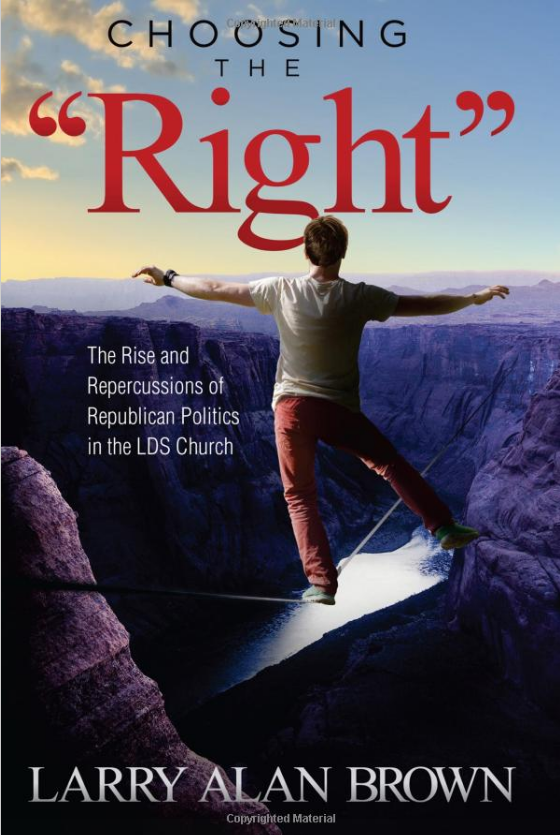Join us for the MSSA panels and sessions on Mormon Studies during the Annual Meeting of the Society for the Scientific Study of Religion (SSSR) and the Religious Research Association (RRA) happening at the Westin Convention Center, October 18-20, 2024 in Pittsburgh, Pennsylvania. Several MSSA board members will also be presenting in other SSSR+RRA sessions.
Explore the full #SSSR_RRA2024 Annual Meting final program.
Join the conversation on our social media channels:
X @MormonMSSA & Facebook @MormonMSSA
Be sure to tag us in your posts and use the #MormonStudies hashtag.
MSSA Program & Board member SSSR+RRA participation
Friday, October 18th
- 9:00 am: Paper Session A-6 includes Comparing Evangelical and Latter-day Saint Membership Growth in Honduras, 1960-2019 (location: Somerset East)
- 10:40 am: Paper Session B-10, Transcending Racism and Nationalism? Latter-day Saint Past, Present, and Future (location: Armstrong)
- 12:15 pm: MSSA business meeting (location: Butler East)
- 2:50 pm: Paper session D-5 includes Psychedelic experiences of ex-Mormons: a qualitative study (location: Crawford West)
- 8:30 pm: MSSA affinity group (location: Butler East)
Saturday, October 19th
- 9:00 am: MSSA board member Ryan Cragun’s book panel E-14, Goodbye Religion: The Causes and Consequences of Secularization (location: Armstrong)
- 9:00 am: MSSA board member Johanna Palomo presents in Paper Session E-3 (location: Butler West)
- 10:40 am: Paper Session F-7, Mormon Social Science Association: Mormon Catechisms (location: Fayette)
- Beehive Girls and the Priesthood: Reactions to Women’s Ordination and Feminism in Church Curriculum in the 1970s and 1980s
- Giving “Primary Answers”: Implicit Catechism in LDS Teacher’s Manuals for Children
- A Mormon Catechism?: John Jaques’ Catechism for Children and the beginning of Mormon religious instruction for children
- The value pulpit: An analysis of moral messages in L.D.S. General Conference
- 2:20 pm: Paper Session G-13, Mormon Gender Roles: Past, Present, and Future (location: Lawrence)
- Charismatic Authority and Socioreligious Conflict: Exploring Early Mormon Fundamentalist Patriarchal Blessings
- Religious Identity in Elite Mormon Athletes
- Charting the Impact of Religion on Women’s Economic Vulnerability in the Twenty-first Century: Perspectives from Mormon Culture
- Mormons and Efficacy: Gender, Generation, and Orthodoxy as Factors in Creating Change
- 4:00 pm: Book Panel H-15, Diné dóó Gáamalii: Navajo Latter-day Saint Experiences in the Twentieth Century (location: Armstrong)
- 6:00 pm: informal MSSA dinner (location: TBD)
Sunday, October 20th
- 9:00 am: Book Panel I-12, The Devil Sat on my Bed: Encounters with the Spirit World in Mormon Utah (location: Somerset West)
- 10:40 am: MSSA board member Levi Sands presents in Paper Session J-2 (location: Cambria East)
- 10:40 am: Book Panel J-10, Forever Familias: Race, Gender, and Indigeneity in Peruvian Mormonism
Join the MSSA
As an interdisciplinary and international association, the MSSA promotes the social scientific study of Mormonism and facilitates communication and collaboration among researchers, educators and students. Membership is open to all. We sponsor scholarly conferences, publications, panel discussions, paper sessions, and the biennial Glenn M. Vernon Lecture. Join us today.
Give to the MSSA
The Armand Mauss Founders’ Fund supports the costs of the Vernon Lecture, honoraria for other invited speakers, student paper awards, student travel assistance, MSSA sponsored publications and other organizational expenses deemed appropriate by the Board of Directors.
